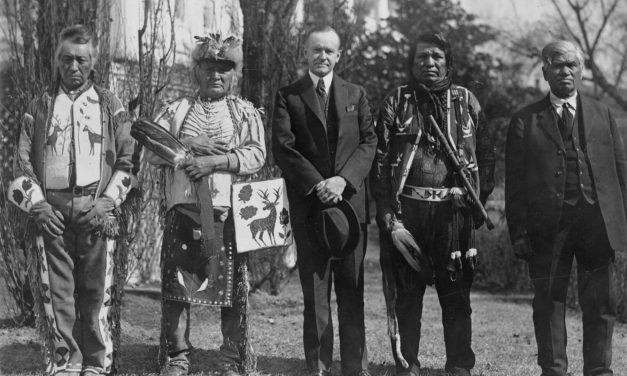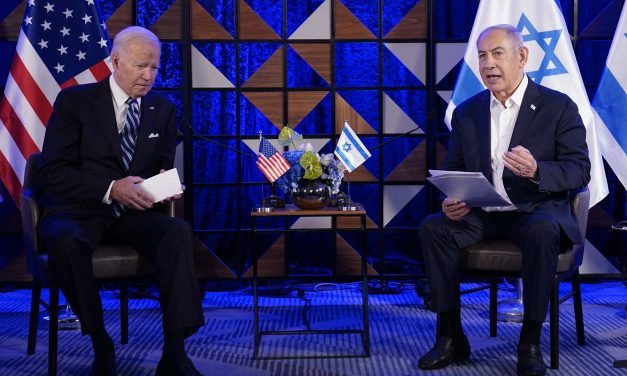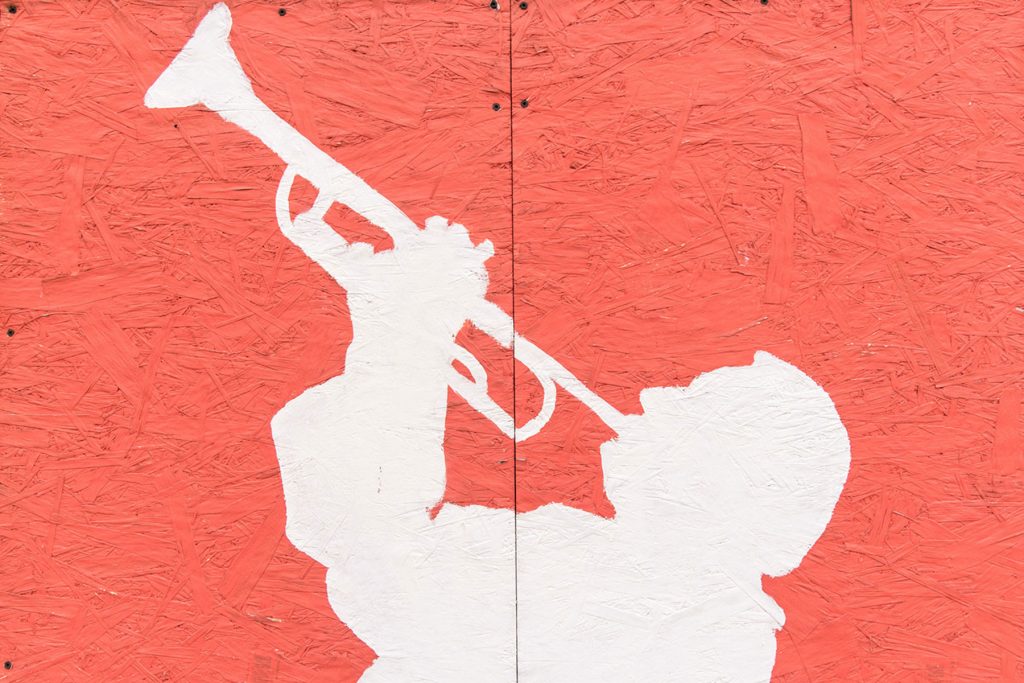“Killers of the Flower Moon” details just one story of how the U.S. was built on stolen lands and wealth
By Torivio Fodder, Indigenous Governance Program Manager and Professor of Practice, University of Arizona Director Martin Scorsese’s new movie, “Killers of the Flower Moon,” tells the true story of a string of murders on the Osage Nation’s land in Oklahoma in the 1920s. Based on David Grann’s meticulously researched 2017 book, the movie delves into racial and family dynamics that rocked Oklahoma to the core when oil was discovered on Osage lands. White settlers targeted members of the Osage Nation to steal their land and the riches beneath it. But from a historical perspective, this crime is just the...
Read More















